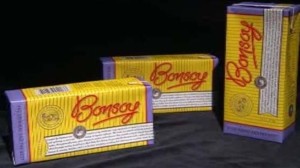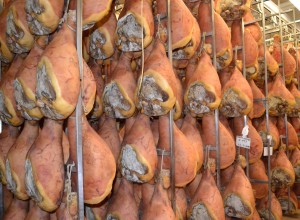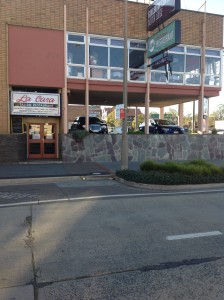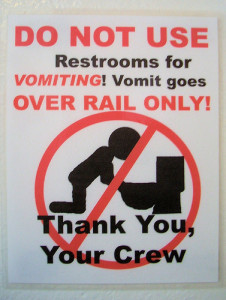The family of a woman who says she bit into a dead mouse in a rice paper roll bought at a supermarket say they welcome police involvement because it will prove their innocence.
 Emilie Petrusic, daughter of Irena Petrusic who got the shock of her life when she found the rodent in the snack bought at Woolworths Broadbeach on Sunday, said the investigation should be treated as a police case because it was serious.
Emilie Petrusic, daughter of Irena Petrusic who got the shock of her life when she found the rodent in the snack bought at Woolworths Broadbeach on Sunday, said the investigation should be treated as a police case because it was serious.
Woolworths and Gold Coast Health have been liaising with police on the matter, which came after Ms Petrusic and her daughter reported the incident to the store immediately.
Gold Coast Health still remain the chief investigators because nothing criminal has been found and no formal complaint made.
A statement by Woolworths on Monday said the mouse entered the product after it left the store, even though that is yet to be confirmed.
Health unit head Dr Paul Van Buynder said their investigation was now focused on how the rodent could have ended up in the roll, with tests taking place on the product in Brisbane.
“What we’re hoping to get from that is does it show signs of being cut up in preparation,” he said.
“This is fresh product so to add something in is really difficult.
“We’re still completing a review of the ingredients — could the mouse have come in with the sliced carrot. We’re making sure it’s not possible to crush a rodent and send it in with the lettuce leaves used.”
Dr Van Buynder said they did not believe there was a problem with the way the food was prepared in store and that was why it was still open.
The investigation was now focused on how the rodent could have ended up in the roll, with tests taking place on the product in Brisbane.
Emilie said they did not care if people did not believe them because those who knew them knew had what happened.
“I don’t know what sick person would do that,” she said.
“A police investigation needs to be done. It’s just like a murder case. If it was a murder case, police would take fingerprints and there’s so much evidence.
“It’s just sad what Woolworths have said, how they’ve gone about it. They’re trying to save themselves.”
A Woolworths spokesman said the company took food safety extremely seriously and the store had been given the all clear to continue making and selling sushi products.









